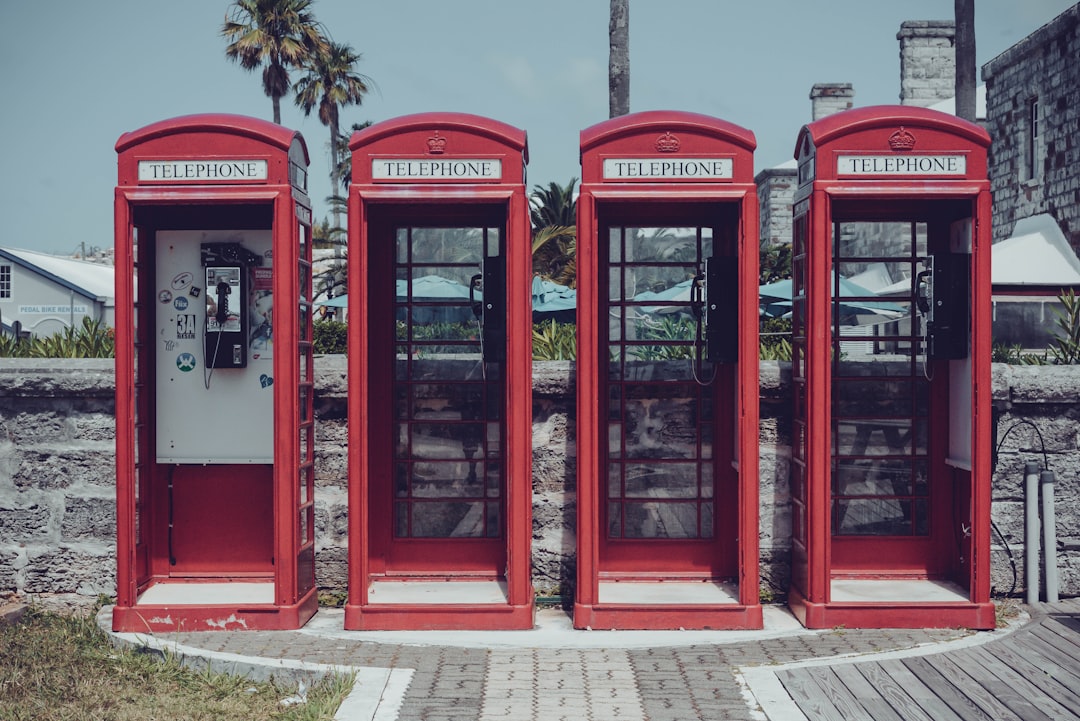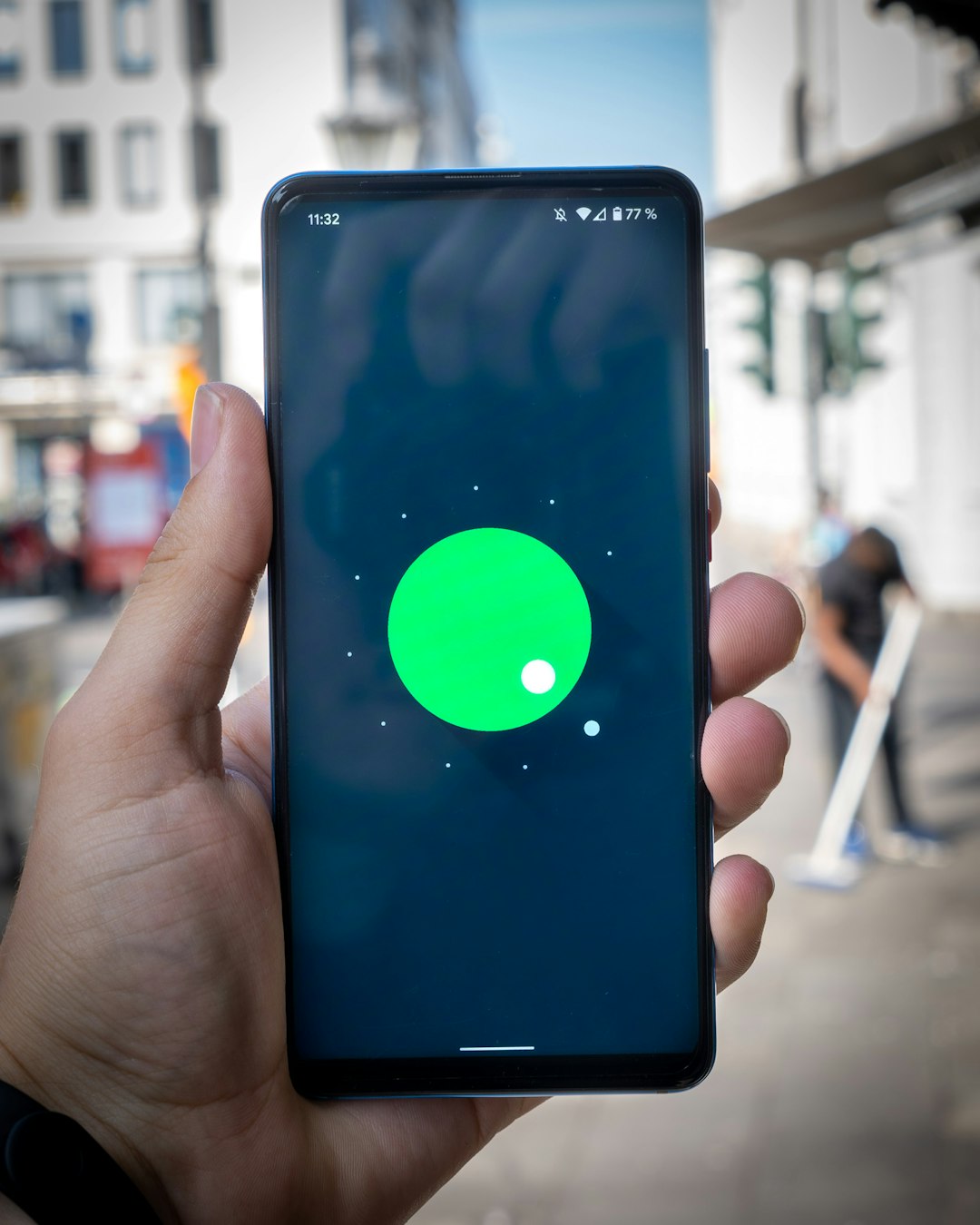In Port Charlotte, Florida, the "No Call Law" protects residents from intrusive telemarketing by prohibiting outbound sales calls to those on the state's "Do Not Call" list. Enforced by the Federal Trade Commission (FTC) and local regulators, this law grants citizens control over their privacy. Residents can prevent no-call law firms from making unwanted pitches by registering on the Do Not Call list, with penalties for violations. Understanding and adhering to these laws is essential for maintaining a peaceful living environment free from excessive telemarketing calls. Key actions include documenting and reporting infractions to relevant authorities or telephone service providers.
“In Port Charlotte, Florida’s no-call laws serve as a shield against unwanted telemarketing calls, ensuring residents’ peace of mind. This comprehensive guide navigates the intricacies of these laws, clarifying who they protect and how to identify and report violators. We empower you with knowledge on taking legal action against persistent infringers and offer practical tips to stay ahead of spam calls. Discover your rights and engage with reputable no-call law firms in Florida for effective protection.”
Understanding Florida's No Call Laws: A Comprehensive Overview

In Florida, the “No Call Law” is a set of regulations designed to protect residents from unwanted telemarketing calls and sales pitches. This law, enforced by the Federal Trade Commission (FTC) and state regulatory bodies, restricts direct marketing practices and provides consumers with valuable peace of mind. The key to staying protected under these laws lies in understanding your rights and the obligations of call centers and telemarketers.
Florida’s No Call Law generally prohibits telemarketers from making outbound sales calls to residents who have registered on the “Do Not Call” list. This list is a powerful tool for Port Charlotte citizens to assert their right to privacy. Any violation of these rules by no-call law firms in Florida can result in legal repercussions, including financial penalties and consumer protection actions. By being aware of this legislation, individuals can ensure they are not disturbed by unwanted calls and can take action if such laws are violated.
Who Does the No Call Law Apply To in Port Charlotte?

The “No Call” law in Port Charlotte, Florida, is a comprehensive regulation designed to protect residents from unwanted telemarketing calls and sales pitches. This law applies to a wide range of businesses, including telecommunications companies, financial institutions, insurance agencies, and various no call law firms operating within the state of Florida. The primary goal is to give citizens control over their phone lines and reduce the number of intrusive marketing calls.
Under this legislation, businesses are prohibited from making automated or prerecorded telemarketing calls to residents unless they have prior consent. This means that if you haven’t given permission for your number to be called, no call law firms in Florida and other similar entities must adhere to these rules, ensuring a quieter and more peaceful communication environment for Port Charlotte’s citizens.
Identifying and Reporting Violators: Your Rights and Responsibilities

In Port Charlotte, as in all of Florida, respecting and understanding the No Call Laws is crucial to protecting your privacy. If you receive a call from an unknown number or a representative of a no call law firms Florida, it’s important to identify and document the violator. Note down the caller’s information, including the company name, phone number, and the date and time of the call. This data will be invaluable if you decide to file a complaint.
Reporting these violations is your right and responsibility. You can register complaints with the Florida Attorney General’s office or directly with the telephone service provider. Engaging with a no call law firms Florida that specializes in such matters can also help ensure your voice is heard. These professionals are equipped to guide you through the process, offering support for any necessary legal actions.
Legal Recourse: How to Take Action Against Unwanted Calls

If you’re experiencing relentless unwanted calls in Port Charlotte, Florida, knowing your legal recourse is crucial. The first step is to identify if a no-call law firm in Florida can assist you. These specialized firms are equipped to handle violation cases of Florida’s no-call laws, which were established to protect residents from harassing phone solicitations. They can help you document the calls, gather evidence, and take formal action against the perpetrators.
When dealing with unwanted callers, don’t hesitate to report the issue to your local consumer protection agency and file a complaint with the Federal Trade Commission (FTC). No-call law firms in Florida often work on a contingency fee basis, meaning they only charge if they successfully recover damages for you. They will guide you through the process, ensuring your rights are protected and helping you achieve peace of mind from unwanted phone interactions.
Staying Ahead of Spams: Tips for Effective Protection

Staying Ahead of Spams: Tips for Effective Protection
In Port Charlotte, Florida, navigating the No Call Laws can be challenging due to an influx of unwanted calls and messages, often from spammers targeting vulnerable consumers. One effective strategy is to register your number with reputable no call law firms in Florida. These organizations specialize in blocking unwanted communications, ensuring your privacy. By signing up, you’re taking a proactive step to curb spam and avoid potentially costly legal issues.
Additionally, consider implementing robust call management practices. Screen calls, block unknown numbers, and use filtering tools offered by your phone service provider. Educate yourself about common spam tactics; spammers often pose as official agencies or offer irresistible deals to trick recipients. Stay vigilant and never share personal information over the phone unless you’ve initiated the call and are certain of the recipient’s identity.






